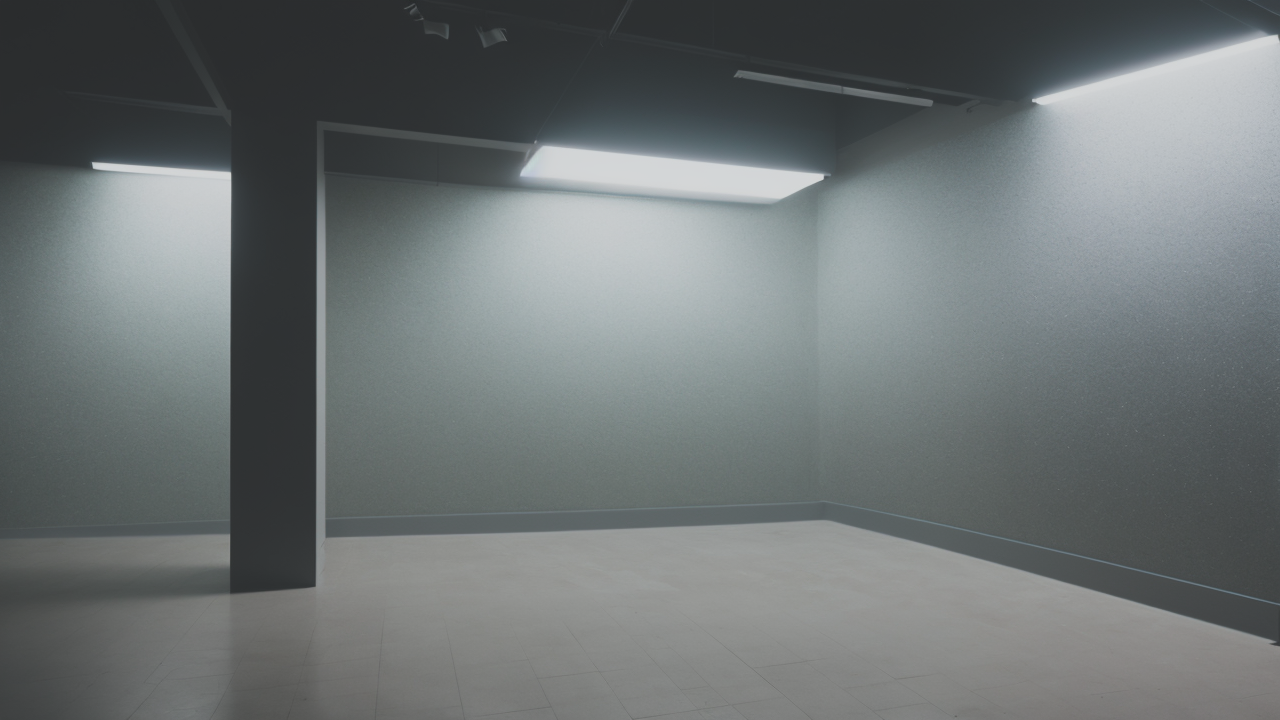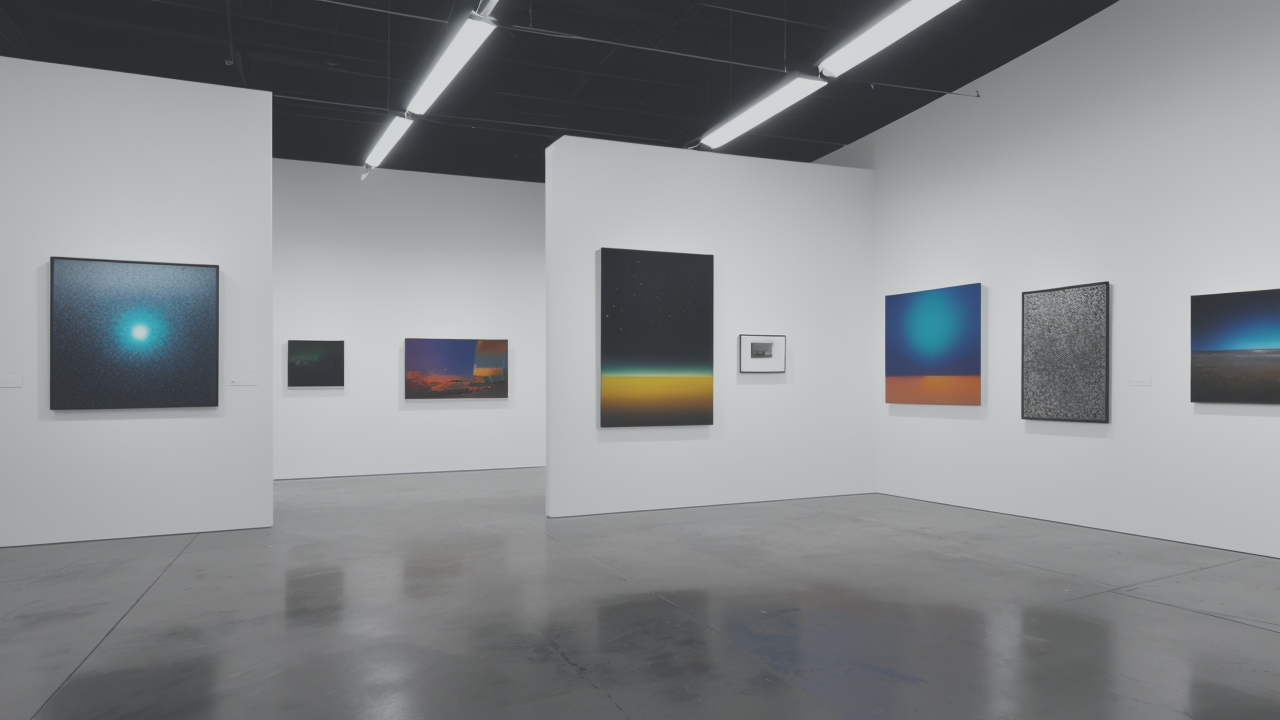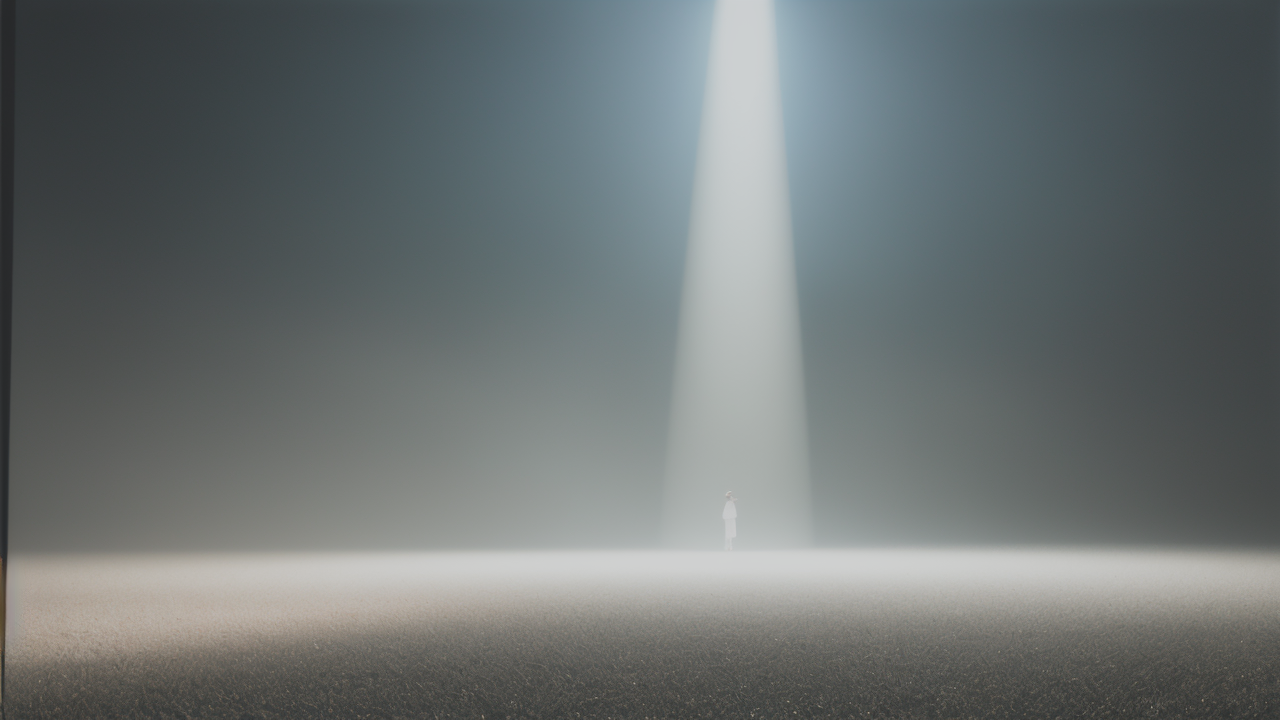
The Art of Time: Incorporating Modern Aesthetic Clocks into Contemporary Interiors
Understanding the Minimalist Movement in Contemporary Art
The Roots of Minimalism and Its Evolution
Minimalism began in the 1960s as an art movement. It was a response to the complex art styles of the time. The idea was simple: less is more. Artists focused on basic shapes and colors.

Early minimalist art used simple geometric forms. It often had a clean, industrial look. Over time, minimalism spread to other areas. It influenced music, design, and architecture.
Today, minimalism is still popular. It has evolved to include more variety. Many people like its clean, uncluttered style. It fits well with modern lifestyles and spaces.
Key Minimalist Artists and Their Legacy
Several artists shaped minimalism in important ways. Donald Judd created 'specific objects'. These were simple, box-like forms. Frank Stella made stripe paintings that changed how we see art.
Agnes Martin painted subtle grids. Her work was quiet and thoughtful. Dan Flavin used fluorescent lights as art. He made people think differently about everyday objects.
These artists still influence art today. Their ideas about simplicity continue to be important. Many current artists build on their work in new and exciting ways.
Minimalism in Different Mediums: Painting, Sculpture, and Beyond
Minimalism isn't just for paintings. It appears in many forms of art. In painting, artists use simple shapes and few colors. Sculptors create works with basic forms and industrial materials.
Architecture uses minimalism too. Buildings have clean lines and open spaces. In music, composers like Philip Glass use repeating patterns. Even writing can be minimalist, using few words.
Digital art often uses minimalist ideas. Website designs are often simple and clean. This shows how minimalism works well with new technology. It's a style that fits many different fields.
Current Trends and Innovations in Minimalist Art
Technology's Role in Modern Minimalism
Technology is changing minimalist art in new ways. Digital tools help create precise designs. 3D printing makes new kinds of minimalist sculptures possible. These blend old ideas with new methods.

Virtual reality is a new space for minimalist art. Artists can make simple, powerful virtual worlds. These offer new ways to experience minimalism. They're different from traditional art spaces.
AI and algorithms now create minimalist art too. This is called generative art. It uses simple rules to make complex patterns. This shows how minimalism keeps changing with technology.
How Social Media is Shaping Minimalist Art Practices
Social media has become important for minimalist art. Platforms like Instagram are great for sharing simple, striking images. Artists can show their work to many people quickly.
Hashtags help people find minimalist art online. They create communities around this style. Artists can connect with fans and other artists easily. This shapes how art is made and shared.
The need for eye-catching posts influences art. Simple, bold designs work well on social media. This affects what artists create. It also changes how people see and buy art.
The Influence of Minimalism on Art Galleries and Exhibits
Minimalism has changed how galleries look. Many use white walls and simple spaces. This 'white cube' style lets the art stand out. It fits well with minimalist works.
Exhibits now give each piece more space. This helps viewers focus on the art. Some shows let people touch or move through minimalist works. This makes the experience more interactive.
Online galleries are becoming common. They show minimalist art in virtual spaces. This makes art more accessible to people everywhere. It's a new way to experience minimalism.
Strategies for Artists and Collectors in the Minimalist Sphere
Navigating the Art Market: Tips for Artists
For minimalist artists, having a clear style is key. Focus on what makes your work unique. Use quality materials and pay attention to details. These things matter in simple art.

Build connections in the art world. Go to gallery openings and art fairs. Share your work on social media. This helps people find and recognize your art.
Look for chances to work with designers or architects. Minimalist art often fits well in modern spaces. This can lead to more sales and projects.
Building a Successful Collection in Minimalist Art
If you want to collect minimalist art, learn its history first. Visit museums to see famous works. This will help you understand what you like. It also helps you spot good art.
Buy art you love, not just as an investment. A few great pieces are better than many okay ones. Think about where you'll put the art in your home or office.
Don't forget about new artists. They might have fresh ideas about minimalism. Their work might be more affordable too. Always buy what speaks to you personally.
The Future of Minimalism: Predictions and Preparations
Minimalism will likely keep changing with technology. We might see more digital and interactive art. Virtual reality could offer new ways to experience minimalist spaces.
Green thinking might influence minimalist art more. Artists might use eco-friendly materials. They might explore ideas about using less and living simply. This fits with minimalism's core ideas.
As life gets busier, minimalist art might become more popular. It offers a break from too much information. Artists and buyers should be ready for new types of minimalist art.


